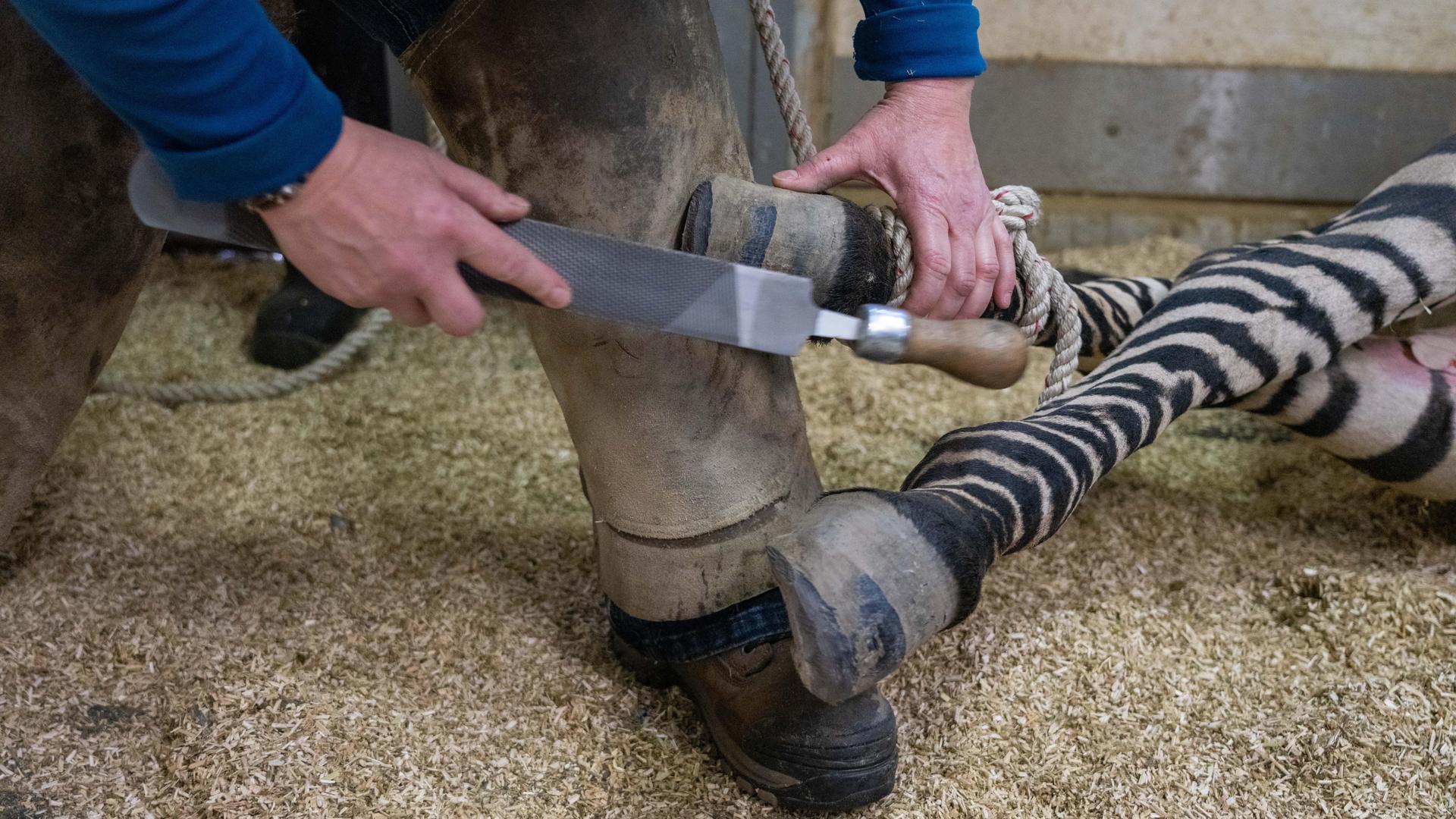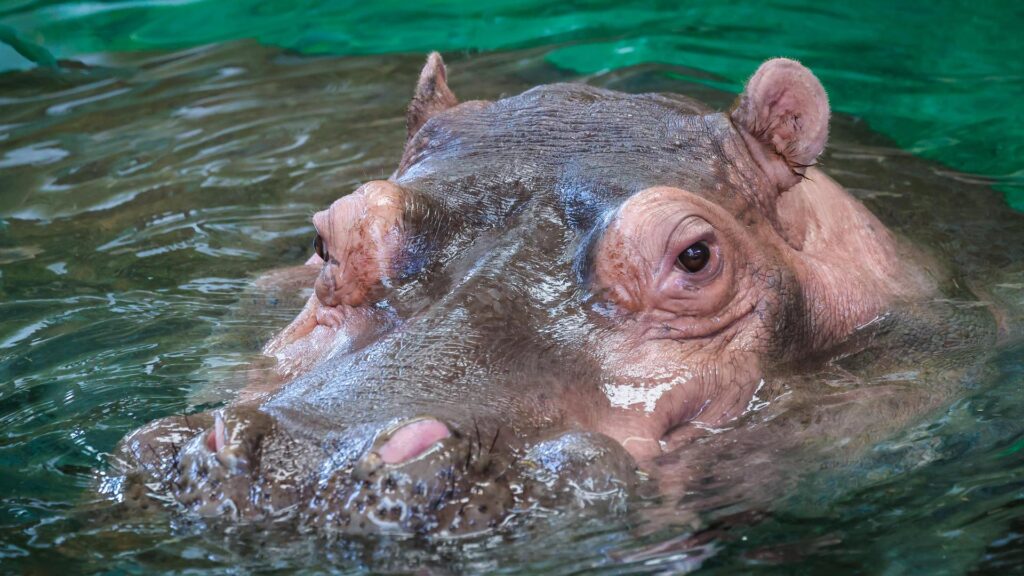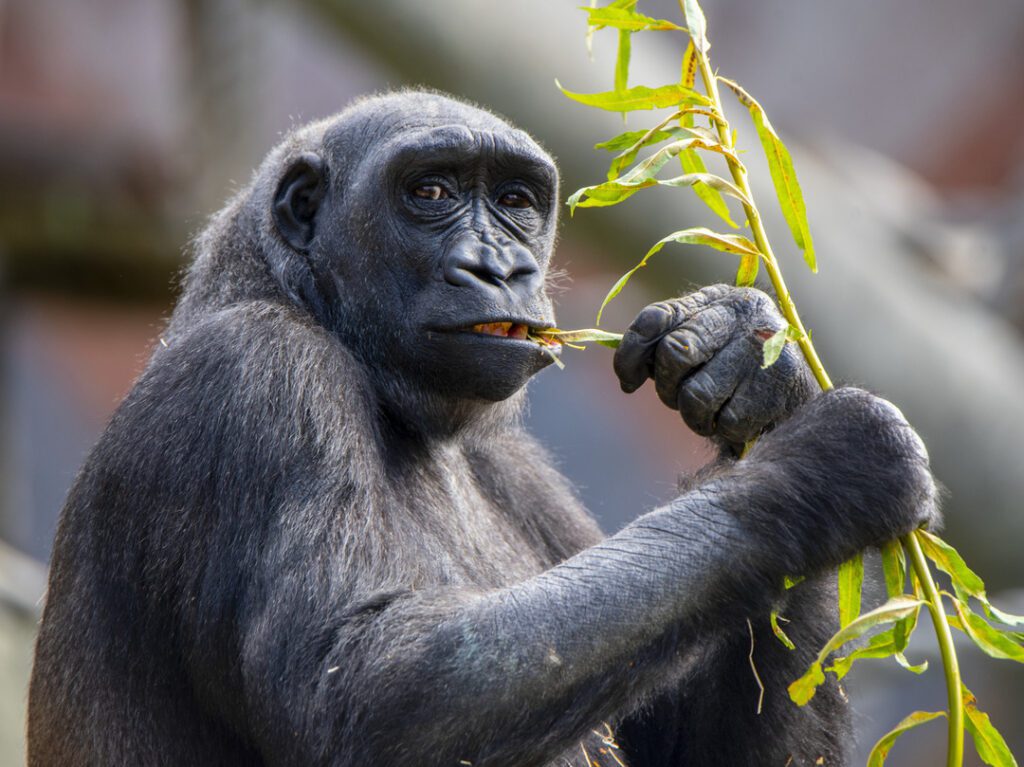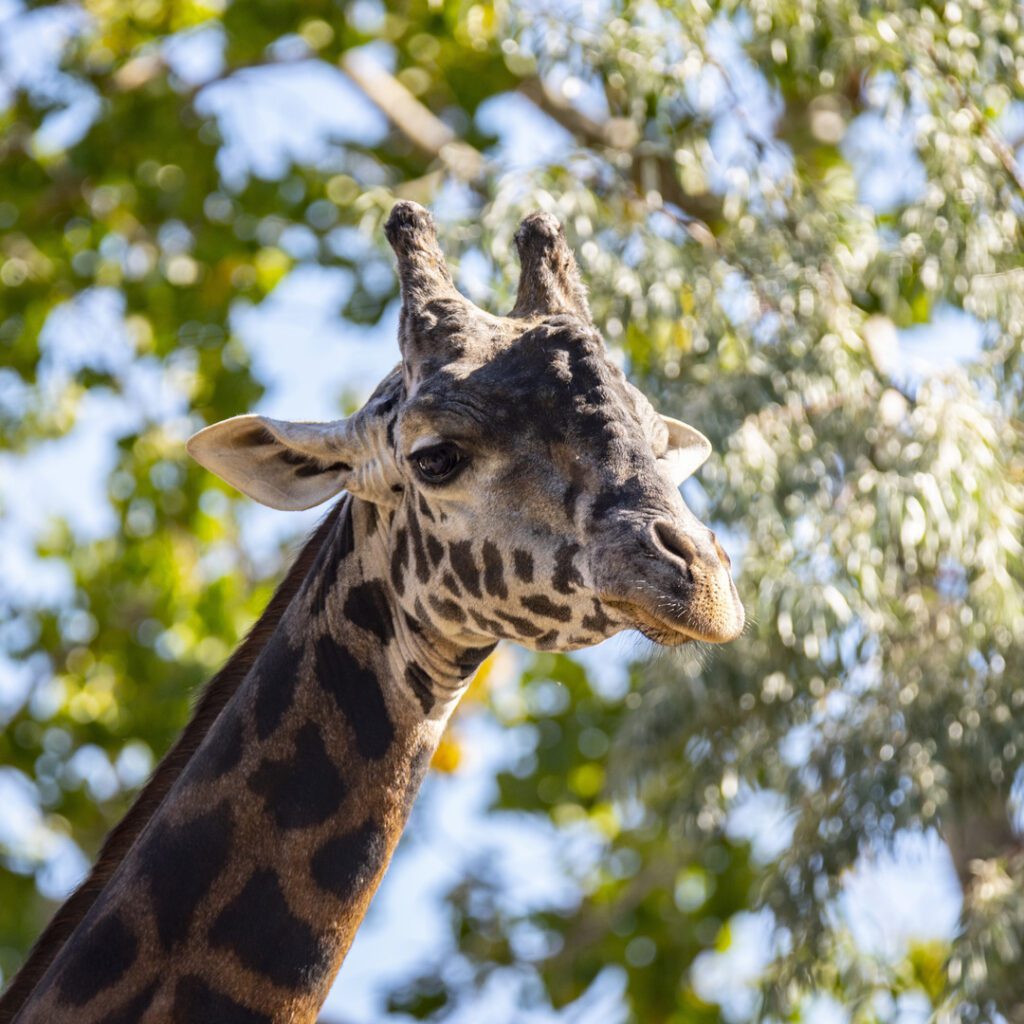
Hartmann’s Mountain Zebras
Bold in black-and-white
Zebras are known for their unique black-and-white stripes, with no two individuals having the same pattern. Unlike other zebra species, Hartmann’s mountain zebras have vertical stripes on their neck and torso, horizontal stripes on their backside, and no stripes on their bellies. To keep cool and help fend off insects, zebras often take dust baths by rolling around in the dirt.
- IUCN Red List Status: Vulnerable (at high risk of extinction in the wild)
- Type: Mammal
- Habitat: Mountains, slopes, and plateaus of coastal Namibia and southern Angola
- Diet: Herbivore – grasses, shrubs, and leaves
- Size: 1.5 metres at the shoulder
- Weight: 204 to 372 kilograms
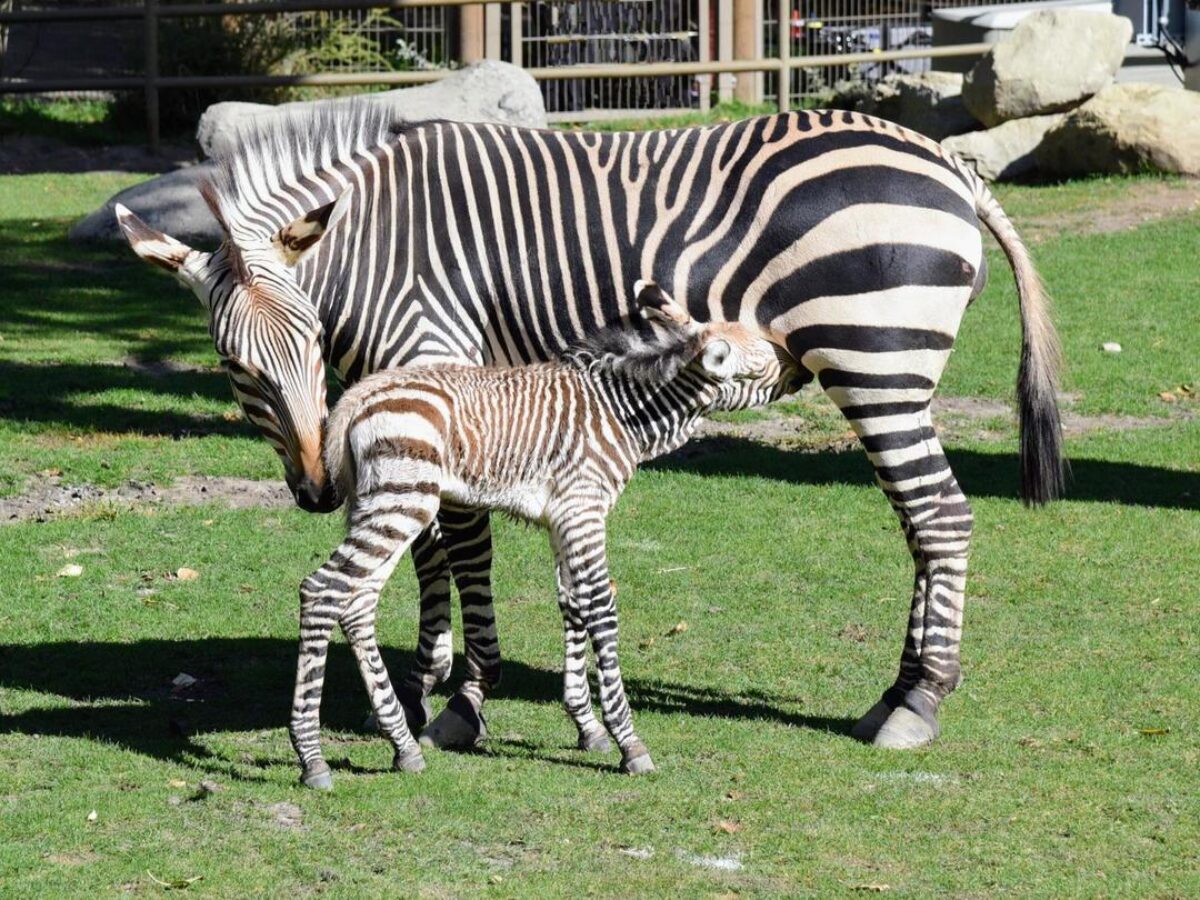
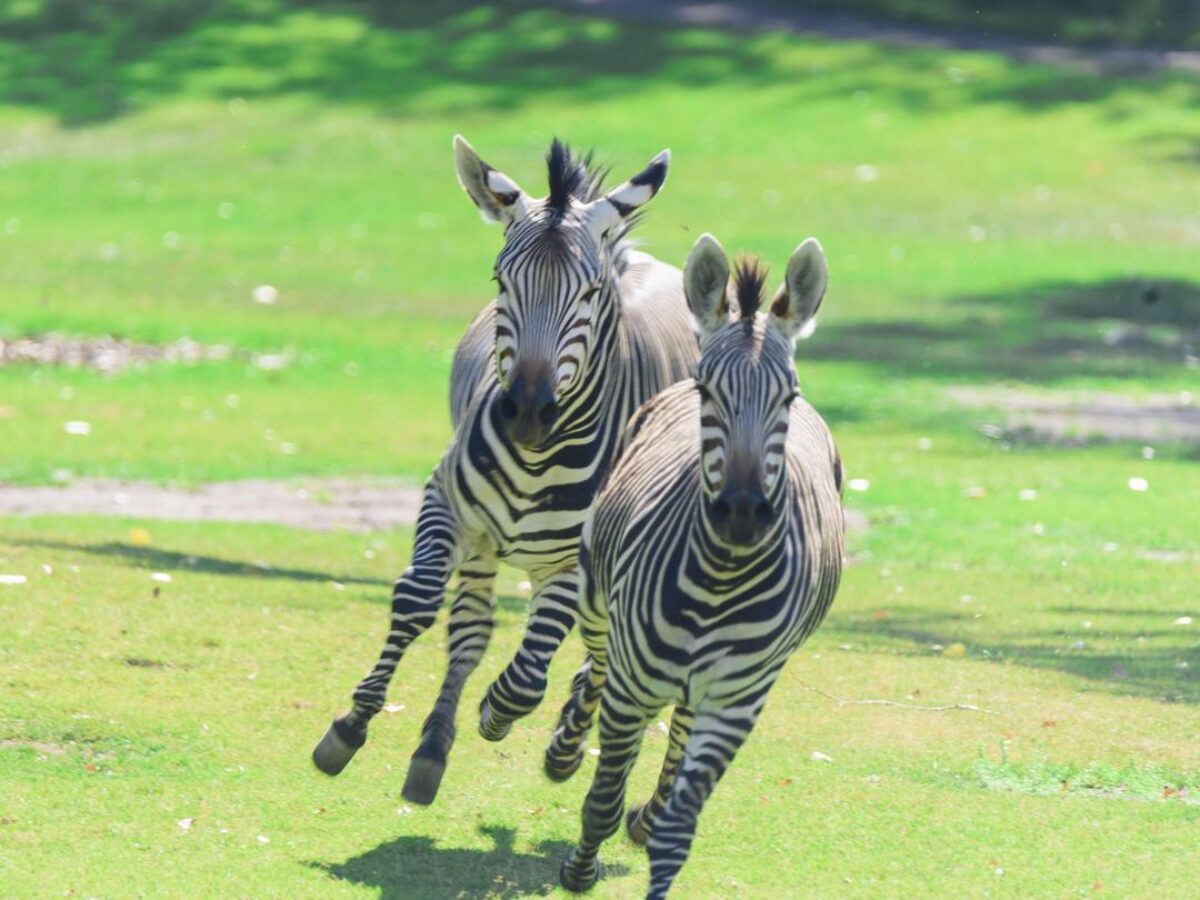
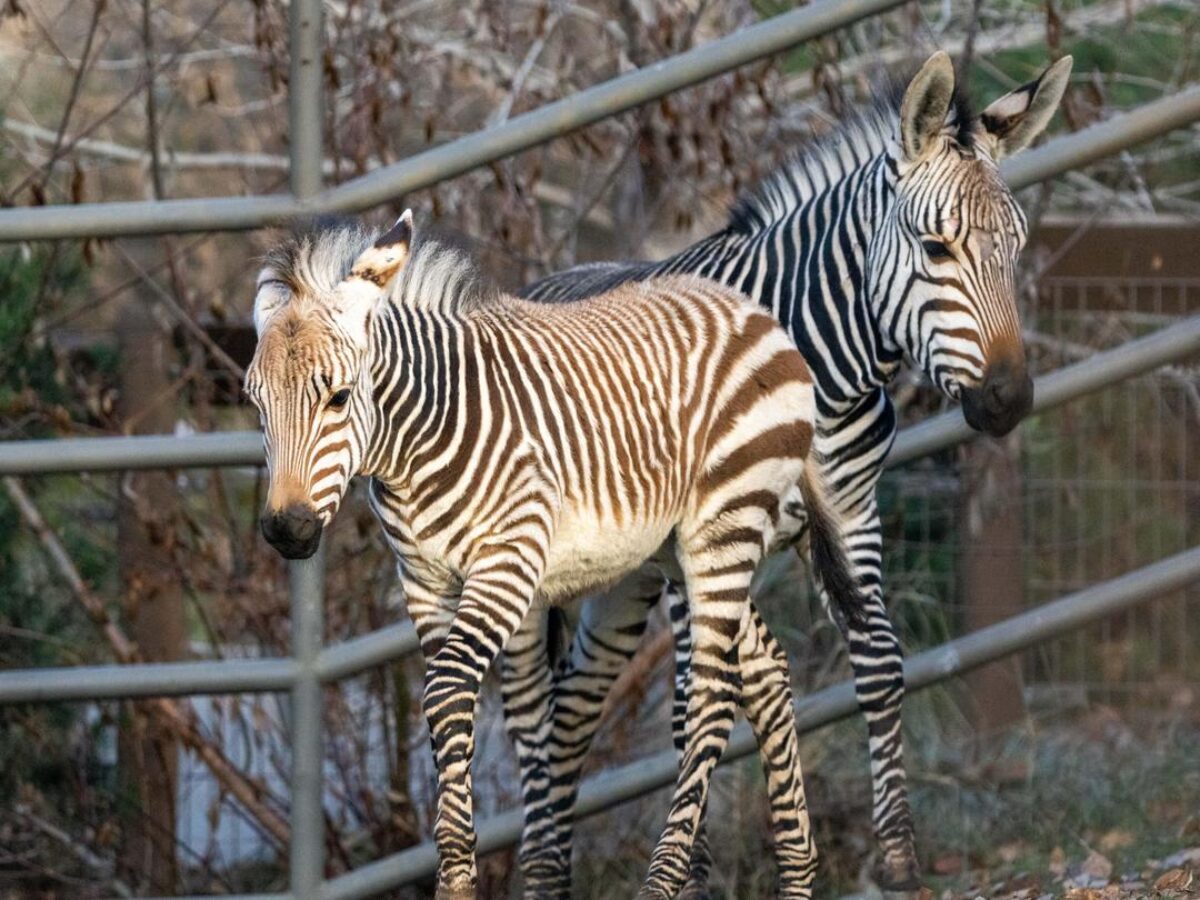
facts about our animals
Fun Facts about Hartmann’s Mountain Zebras
A group of zebras is known as a “dazzle”.
Hartmann’s mountain zebras are most active at dawn and dusk.
Zebra foals begin eating grass at two or three months of age but are not fully weaned off their mother’s milk until around 10 months.
Zebras are believed to have excellent night vision, comparable to that of owls.
Hartmann’s mountain zebras have hearts that are three times heavier than a plains zebra to hold the extra oxygen-carrying red blood cells needed in their high-altitude environment.
Zebras make noise to express both contentment and alarm.
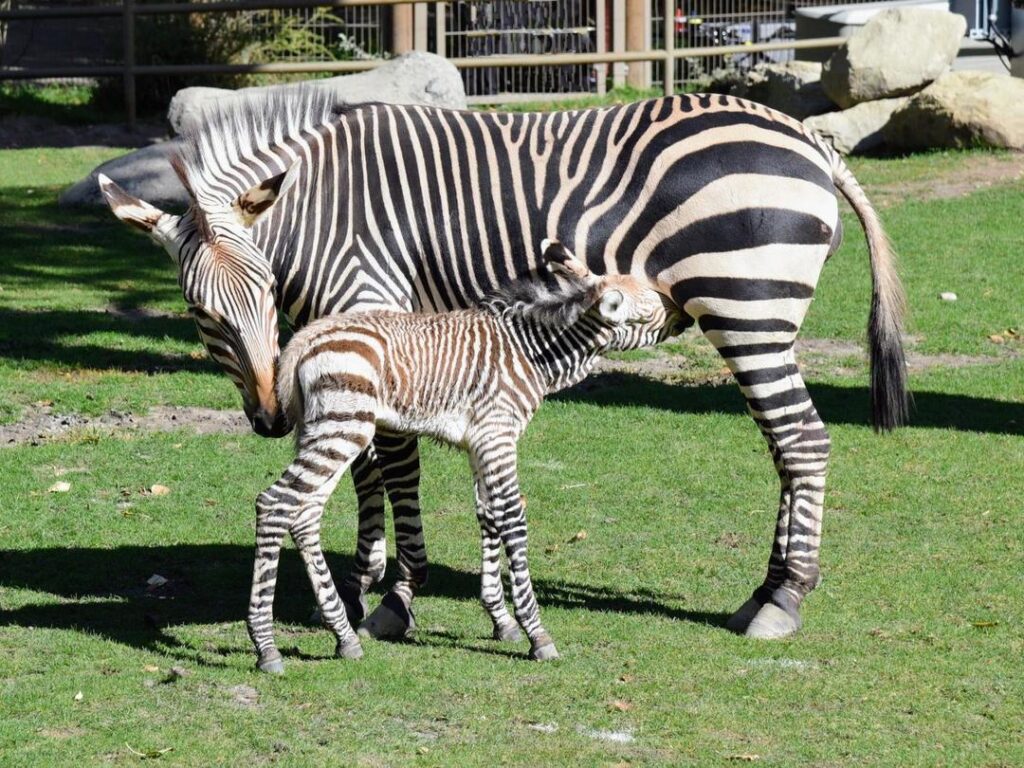
Donate
How you can help
Your donation makes a world of difference. With support for animal care, conservation programs, and education, you’re making the world wilder.
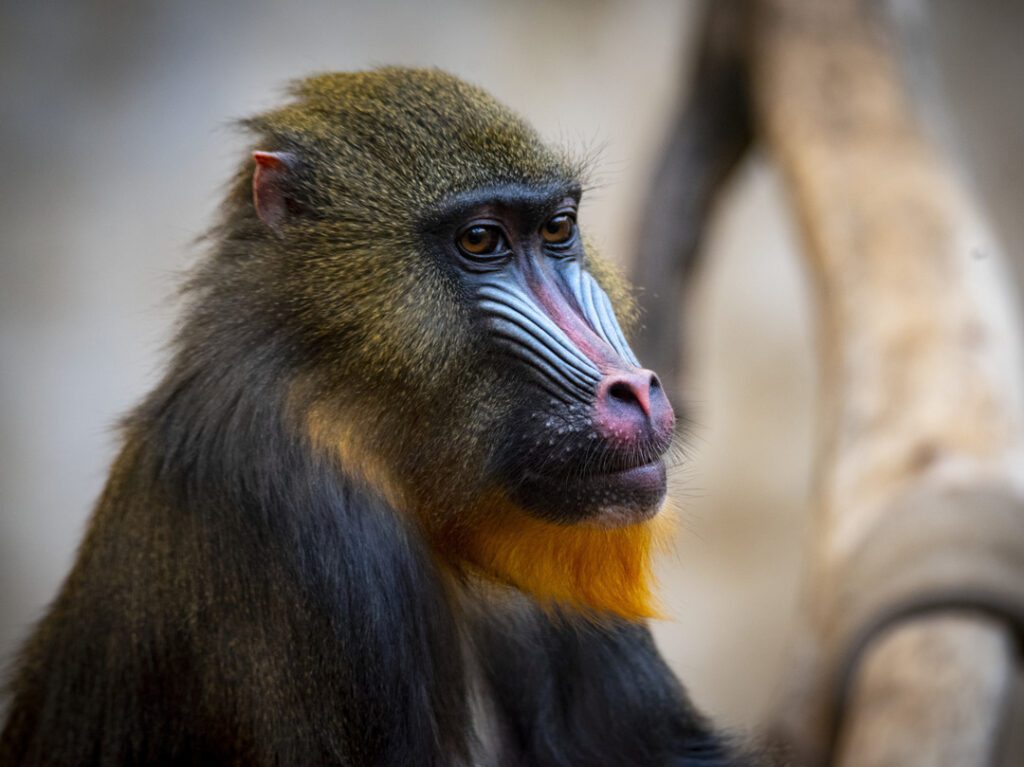
Plan your visit
Get close to wildlife
It’s time to make some memories. Here’s everything you need to know to plan an unforgettable day at the zoo.

